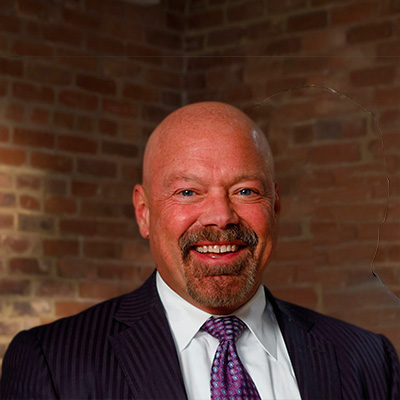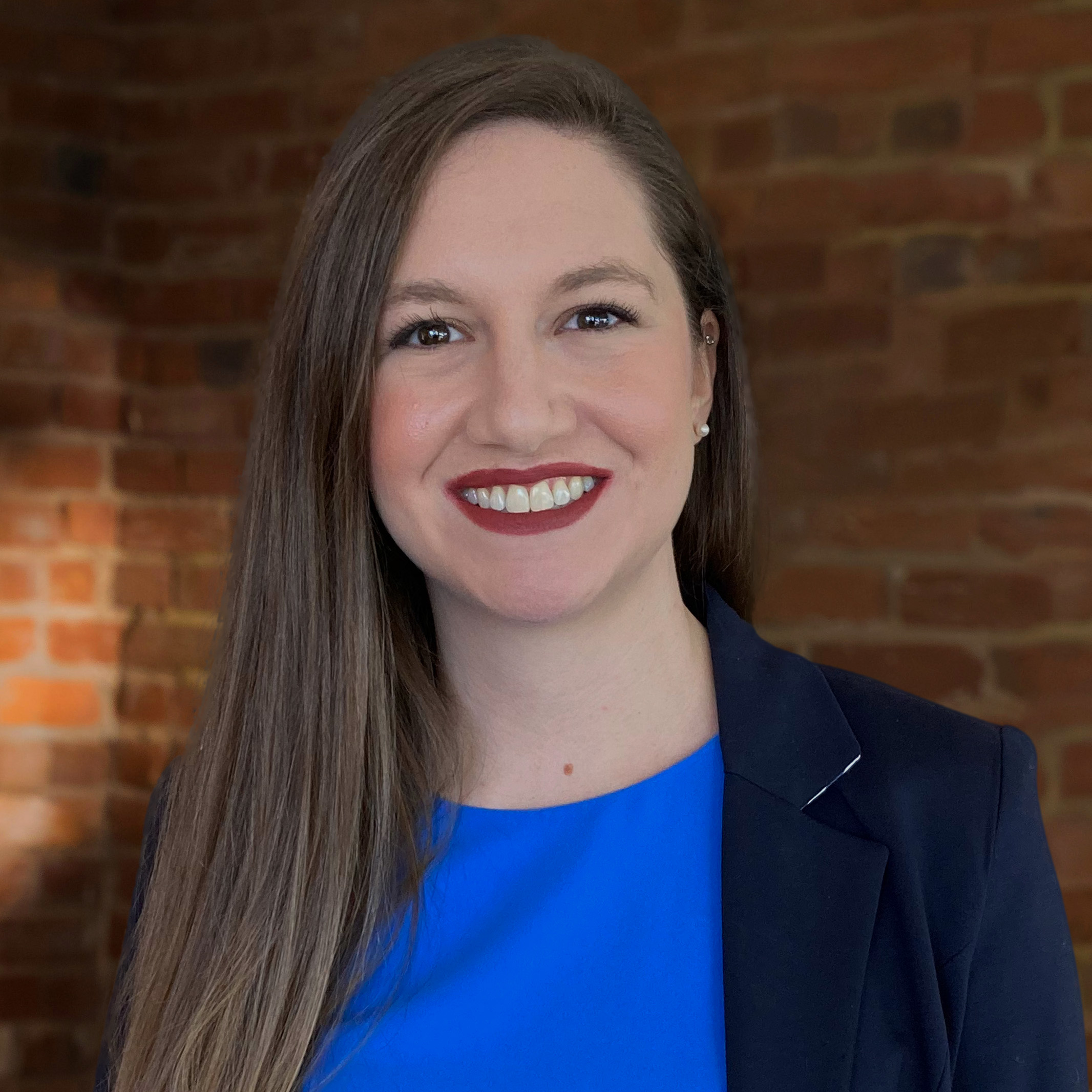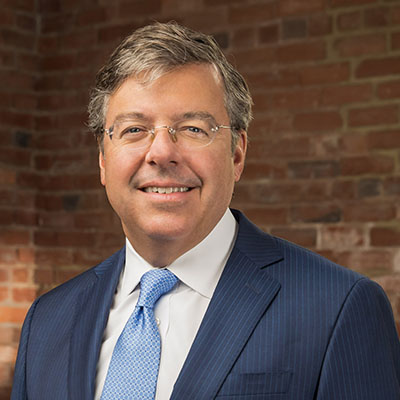On a recent, late autumn afternoon, I was mowing my lawn for the last time this year. As I reached the edge of my yard, I attempted to turn the lawnmower around to cut the next strip of grass. The lawnmower stuck a large stick that had fallen from a tree and it stopped moving abruptly, causing me to stumble and fall over and in front of the lawnmower.
As I fell, I let go of the lawnmower handle, releasing the spring-loaded lever that killed the engine. By the time I hit the ground, the engine was off and the blades were no longer turning.
I stood up, unharmed (but a bit embarrassed) by my fall, and realized that only the safety features in the design of the lawnmower had kept me from potentially crippling injuries. There was a time when such a fall would easily cause serious injury . . . or even death.
There was a time when lawnmowers had no safety devices to kill the engine and stop the blades, and simply cutting one’s grass could result in a maiming or a death.
Somewhere along the line, lawnmower manufacturers began adding this simple safety device, just as automobile manufacturers have created safer automobiles to avoid and survive rollovers and rear-end collision explosions and added seatbelts, shoulder straps and airbags[1], just as manufacturers of medications have added warnings to consumers not to take their medicine with alcohol, just as manufacturers of table saws have added blade guards, just as manufacturers of home insulation have stopped using asbestos, just as toy manufacturers have eliminated many toy hazards for children[2], and so on and so on and so on.
Where did all of this safety-consciousness come from? Whom should consumers thank for encouraging manufacturers to make their products safer? Whom should consumers thank for making us safer?
Thank a trial lawyer.
The Chamber of Commerce does an excellent job of demonizing lawyers and blaming society’s ills on us, but litigation and the civil justice system have been the most consistent and powerful forces to improve safety standards.
Lawsuits, such as product liability lawsuits, provide an economic counterweight to the quest for greater profits at a result of cheap but unsafe manufacturing standards. In a nation dedicated to the proposition that all men are created equal, lawsuits give ordinary citizens the ability to stand on equal footing with multi-billion dollar corporations, while trial lawyers provide the voice for those ordinary citizens. Only through lawsuits and trial lawyers can powerful, well-funded corporate interests be held accountable for their wrongful conduct and defective products.
So if you like safer lawnmowers, foods, toys, cars and tools, thank a trial lawyer. If you like being informed of the dangers of medicines, foods and hazardous machines and tools, thank a trial lawyer. If you like knowing that you are entitled to the same treatment in the courts as Exxon or Wal-Mart or McDonalds and that you have the power as an ordinary citizen to hold them accountable for their wrongs, thank a trial lawyer.
About the Author: Malcolm “Mic” McConnell is the lead medical malpractice lawyer for the Virginia personal injury law firm of Allen & Allen. He has had success litigating cases from a wide variety of medical malpractice claims in Richmond, and across Virginia. He is included in The Best Lawyers in America and has repeatedly been voted by Virginia lawyers as a being among “Virginia’s Super Lawyers.”





